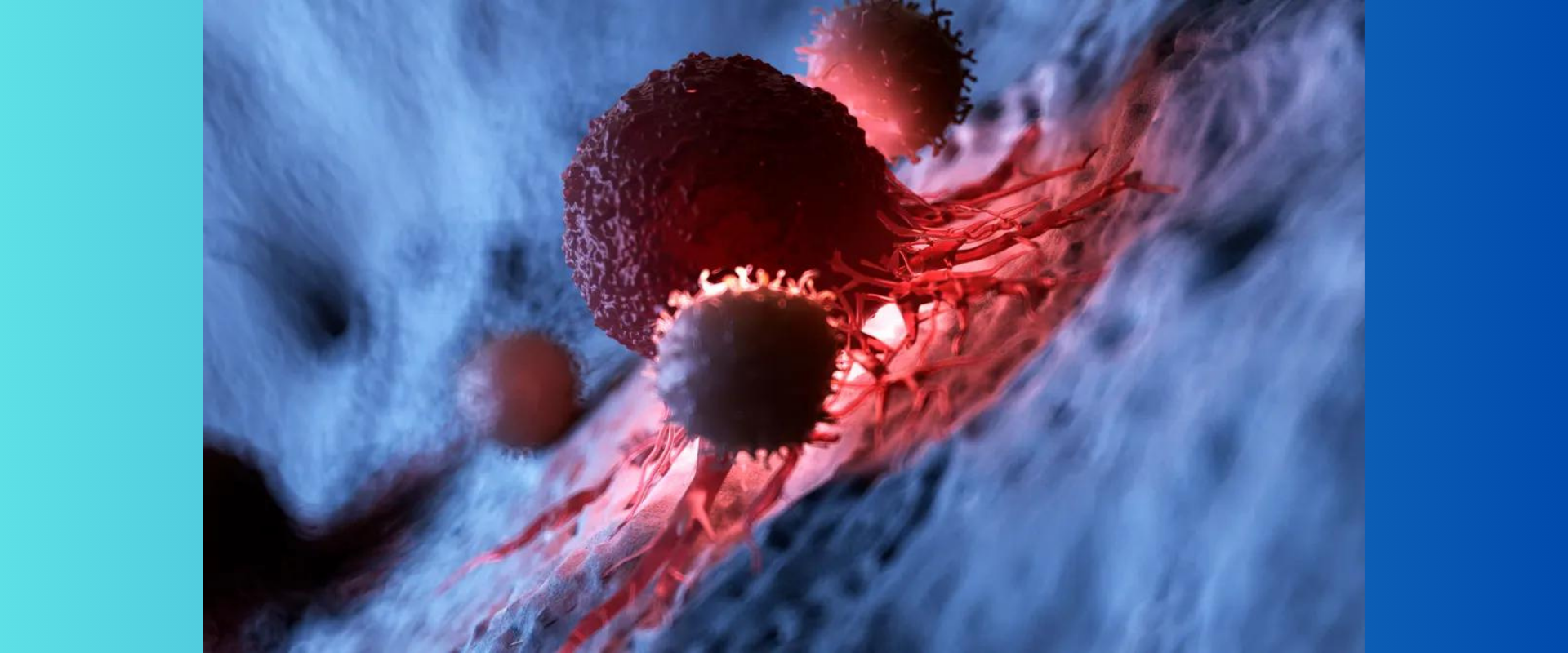At Hadassah-University Medical Center in Israel, an experimental therapy has been developed that shows a 90% success rate in inducing remission for patients with multiple myeloma.
The Hadassah-University Medical Center in Ein Kerem, Jerusalem, has recently reported an extraordinary feat in managing multiple myeloma cancer, the second most prevalent blood disorder. This condition comprises 1% of all cancers and 10% of all blood-based malignancies.
An innovative treatment has been developed for a previously incurable disease after a series of experiments conducted in the hospital’s bone-marrow transplant and immunotherapy department in recent years.
“We have a waiting list of over 200 patients from Israel and various parts of the world at any given time.“
Polina Stepansky
According to Professor Polina Stepansky, who leads the department, the remarkable outcomes achieved by CAR-T therapies suggest that individuals can now expect to live for many more years while enjoying a high standard of living.
The application of genetic engineering technology serves as an innovative and efficient remedy for patients with a life expectancy of just two years formerly. Leveraging CAR-T, also known as Chimeric Antigen Receptor T-Cell Therapy, the technology enhances the host’s immune system to combat cancer. According to oncologists, over 90% of the 74 treated patients at Hadassah achieved complete remission.
Stepansky stated that over 200 patients from Israel and other parts of the world are on our waiting list at any given time. As the production, as well as the treatment process, is complex, only one patient can be treated in one week. This treatment is still being conducted as an experiment.
Prof. (emeritus) Yechezkel Barenholz, a renowned leader in oncology research and the director of the membrane and liposome research lab at Hebrew University-Hadassah Medical School, believes that the CAR-T technology is a groundbreaking advancement that will simplify diagnosis and enable effective treatment.
Hadassah collaborated with Prof. Cyrille Cohen, the head of the immunology and immunotherapy laboratory at Bar-Ilan University in Ramat Gan, to develop and produce the CAR-T cell therapy.
Stepansky stated that the response rate to the treatment has been highly beneficial, with negligible side effects, which are also mild. The outcomes are remarkable and bring significant optimism for patients suffering from an incurable illnesses.
The trial therapy will be available nationwide in the upcoming months.
What is the blood cancer known as multiple myeloma?
Multiple myeloma is a form of bone marrow cancer that arises in the spongy tissue at the core of certain bones and is responsible for producing blood cells. Its name stems from the fact that cancer frequently impacts various body parts, such as the skull, pelvis, ribs, and spine. Often, detection or suspicion of the disease occurs through standard urine or blood analysis.
While it may not initially exhibit any symptoms, myeloma ultimately leads to a myriad of issues, such as persistent bone pain, anemia-induced fatigue, shortness of breath and weakness, excessively high levels of calcium in the bloodstream that can cause extreme thirst, frequent urination, constipation, and confusion, weight loss, headaches, dizziness, and blurred vision, frequent infections, unusual bleeding and bruising, bones prone to easy fracturing, and kidney complications.
Individuals over 60 years old are more susceptible to acquiring the disease, with diagnosis typically occurring after age 70 and infrequently before age 40. This condition is more prevalent in men than women and those with a history of multiple myeloma in their family.
According to Stepansky, Immix Bio, an American company, has obtained a patent license and is now preparing to commence a clinical trial in the US. The ultimate goal is to obtain FDA approval and bring the drug to market within a year.
Decades ago, the immunology department under Prof. Zelig Eshhar at the Weizmann Institute of Science in Rehovot conceived the pioneering notion of using immune-system cells to combat cancer cells. Since then, Stepansky has spearheaded the advancement and dissemination of CAR-T therapies that program the patient’s white blood cells by harvesting healthy cells from the immune system. The treatment involves isolating the T cells, the immune system’s active cells capable of autonomously battling tumors.
Apheresis, a process similar to regular blood donation, involves separating donated components into red and white blood cells. This process typically takes between two to four hours.
Afterward, the T cells are genetically modified in Hadassah’s laboratory, designed specifically for this objective and adhering to the most stringent global cleanroom guidelines.
Health Ministry Reports Two Deaths Due To H3N2-Flu
Next, a genetic engineering procedure is performed wherein a receptor against cancer cells is encoded within a genetic segment and added to a virus. This is followed by injecting numerous modified cells into the patient’s body. Ultimately, the modified T cells identify and attack the tumors, eradicating the cancer.
Until this point, the treatment has solely been obtainable in China and the US, with a cost of almost $400,000 per patient treatment and extremely restricted accessibility.
Stepansky stated that only 20% of individuals in these countries who require the treatment can receive it. However, the development efforts of the researchers in the Danny Cunniff Leukemia Research Laboratory have allowed for a significant cost reduction, making the treatment more affordable and readily available.
Stepansky stated that Hadassah had developed a highly advanced and refined form of treatment that surpasses any other offered around the globe. As the sole institution in Israel responsible for creating, producing, and administering CAR-T therapy, Hadassah is spearheading CAR T-cell therapy’s evolution for various cancer forms, benefitting countless patients.
